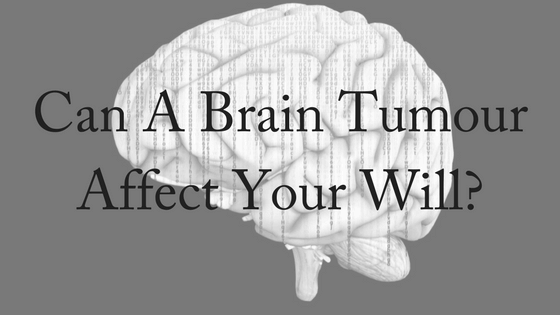Can having a brain tumour affect your mental capacity significantly enough to affect how you write your will?
The de facto partner of ecologist Elizabeth Walker, who died from a brain tumour in 2010, won the right to inherit under her will despite a legal challenge from Walker’s daughters. Michael Badmin was left £600,000 in the will of Walker, who was 23 years his senior.
Elizabeth Walker separated from her husband in 2007, leaving the family home to move in with Badmin. However, in 2009 she was diagnosed with a malignant brain tumour which killed her only a year later.
 Michael Badmin and Elizabeth Walker began their relationship in 2005, moving in together when she left her husband in 2007 until her death. Her daughters from her first marriage argued that Walker had diminished mental capacity when she signed the will that left much of her estate to Badmin only a month prior to her death.
Michael Badmin and Elizabeth Walker began their relationship in 2005, moving in together when she left her husband in 2007 until her death. Her daughters from her first marriage argued that Walker had diminished mental capacity when she signed the will that left much of her estate to Badmin only a month prior to her death.
Mrs Walker’s divorce became final in January 2010 and only days later, she signed a new will which left half of her £1.18 property and half of everything else she owned to Badmin. The remainder of her estate would be split among her daughters.
Her daughters argued that her terminal illness and brain tumour left her in a ‘delusional’ and ‘irrational’ state of mind when she drew up the will. Her daughter Alison testified that the brain tumour had “changed her [mother’s] perception of everything.”
Judge Nicholas Strauss QC ruled that although Mrs Walker’s mental powers had declined considerably by the time she signed the will, her testamentary capacity had not been impaired. He also commented that: “The evidence shows that she retained her love and affection for her daughters throughout. Whilst there is some evidence that she continued to suffer occasionally from delusions, or at least irrational thoughts, they did not relate to her daughters and had no influence on her will.”
The lawyer for Mr Badmin said:
“This will have an impact on future cases where family members try to suggest that any changes to a will made while someone is terminally ill may not be valid on grounds of mental capacity.
“A will is the way in which someone sets out what they want to happen after they die. Ultimately, what we have been able to prove is that Ms Walker knew precisely what she was doing, despite her illness, when she made her decision to leave most of her fortune to Mr Badmin.”
A Brain Tumour and Testamentary Capacity
In Australian law, for someone to execute a valid will, they must:
- understand the nature and effect of a will
- understand what a will is and what it is used for
- know the nature and extent of their property
- know what assets they own
- comprehend and appreciate the claims to which they ought to give effect
- know who they’re leaving their estate to, including who might have a legal claim to their estate
- not be affected by delusions that influence the disposal of their assets at the time they are making their will
- not suffer from a disorder of their mind that influences the way they make their will.
Judge Knauss’s comments show that while Mrs Walker suffered from the effects of her tumour, she was still able  to understand what the will document was, what she owned, and who she ought to consider when making the will.
to understand what the will document was, what she owned, and who she ought to consider when making the will.
But it is not uncommon for the lack of testamentary capacity to become an issue before the court. The lack of testamentary capacity of a will maker is one reason someone might challenge a will.
There are many reasons why people might suffer from lack of mental capacity, including old age, the presence of an illness like dementia, a stroke, an acquired brain injury or mental illness. People who lack testamentary capacity can become victims to people changing their wills without the willmaker’s full knowledge.
Adequate estate planning recommends that you always have a power of attorney prepared in the case of emergency. A power of attorney ought to be a trustworthy person and someone you are willing to take over all of your financial and health decisions.
If you have questions about challenging a will, or defending a will from a challenge, please contact us today for your free, 10-minute consultation. A specialist in the area of wills and estates can help you prepare for any eventuality, including an accident or illness that leads to you losing your testamentary capacity. A specialist will also be able to put steps in place to prevent the financial abuse of a person who lacks testamentary capacity.

